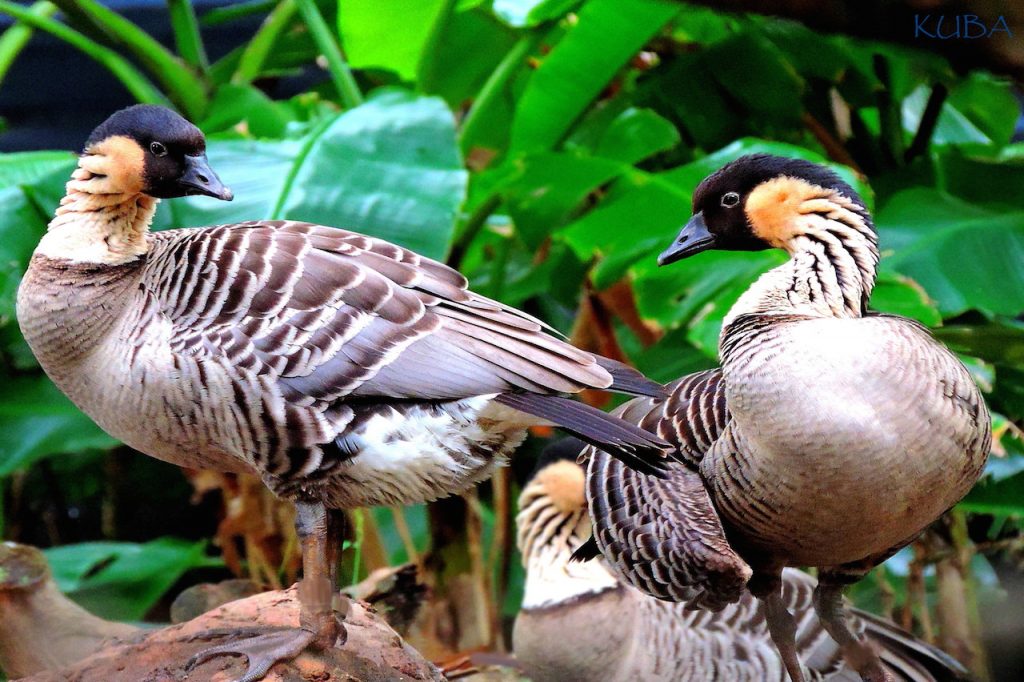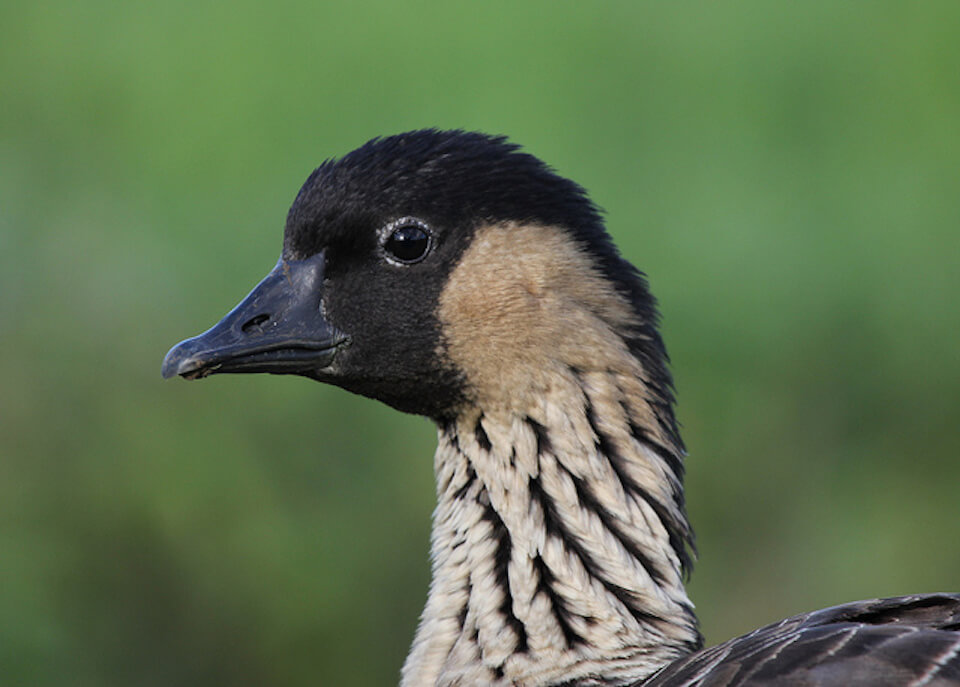E Komo Mai: Checking In and Checking Out at Hale O' Honu'ea
The Fairways is a gated community of town homes in Mauna Lani Resort. Here at Hale O' Honu'ea, we have a keyless entry lock. You will receive the gate code as well as your personal front door entry code 7-14 days prior to check-in, after your final payment is received. You will also receive a pdf guide with your full check-in instructions for easy printing or saving to your mobile device during your stay.

·3 min read





